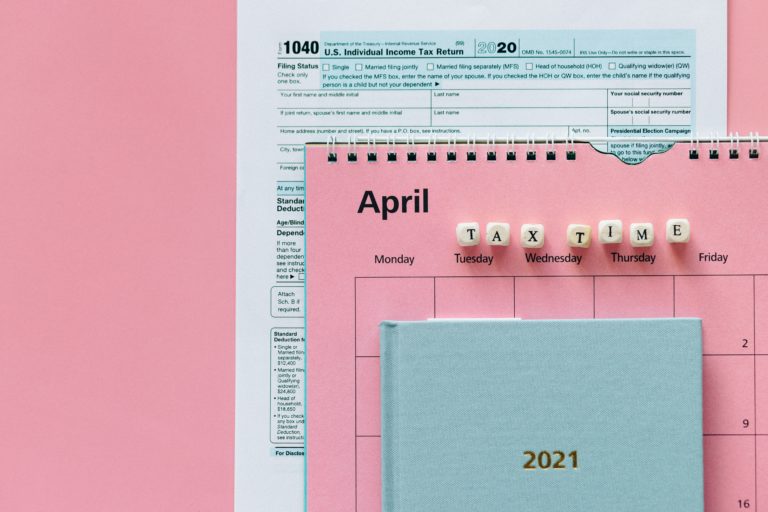
Will Inflation Ruin My Retirement?
The 5.4% rise in the consumer price index in the last year is the highest inflation in almost 13 years. Kiplinger’s recent article entitled “How Big of a Threat Does Inflation Pose to Your Retirement?” explains that even moderate inflation can have a big effect on a retiree’s savings. The Federal Reserve’s target inflation rate is 2%. However, it said it will let inflation rise above that mark for some time. Here’s how an average annual inflation rate of 3% over the next 20 years would affect your finances.
If you needed $60,000 for your first year of retirement, in 20 years you’d need more than $108,000 to match today’s purchasing power of $60,000. Said another way to look at it: at a 3% annual inflation rate, that initial $60,000 would be worth only $33,000 in 20 years.
You have to take into account inflation in your retirement plan because you can expect that everyday items, travel and other expenses will continue to rise in cost. Inflation decreases the value of savings and will continue to do so after you retire. As a result, it’s important to look at your investment strategy and retirement income plan to determine if you’re protected against inflation for the long term.
The Senior Citizens League estimates that the average Social Security benefit has lost almost a third of its buying power since 2000 because benefit increases have failed to keep up with the increasing cost of prescription drugs, food and housing. This has happened even with yearly cost-of-living adjustments (COLAs) for Social Security benefits that are designed to make benefit amounts keep up with inflation.
Think about what would happen if all your retirement income lost a third of its value over the course of 20 years. Would that scenario make it more likely that you’ll run out of money? How can you know how much income you will need in retirement, when inflation insists on complicating the situation? Here are some things to keep to consider
- Fixed-Income Sources. Look at any fixed-income sources in retirement that won’t keep pace with inflation. Consider the amount of interest you’re earning from money in a savings account or CD. It’s unlikely that we’ll see a substantial interest rate hike in the next few years, so be ready to continue earning little interest. Assess your investment strategy and retirement income plan to see if you’re protected against inflation for the future.
- Look at Your Nest Egg. See how much your nest egg is right now and factor in inflation over the next 10, 20, and 30 years. Know that while overall inflation rates may fall from what they are now, that might not be true for some of the specific goods and services that could take a large chunk of your income, like utilities, food, health care and long-term care costs.
- Will Your Strategy Need to Change? Think about whether your current investment strategy will need to be modified when you retire. You may want to contemplate a strategy that continues to grow your money in retirement, so when transitory events like inflation hit, you’re okay. A solid plan will make certain that your purchasing power needs are always satisfied. Some people may need to take on less investment risk when they are approaching and hit retirement. However, having the right risk asset allocations for your particular circumstances may help to thwart the eroding effects of inflation on your nest egg over the course of your retirement.
Reference: Kiplinger (Oct. 3, 2021) “How Big of a Threat Does Inflation Pose to Your Retirement?”









